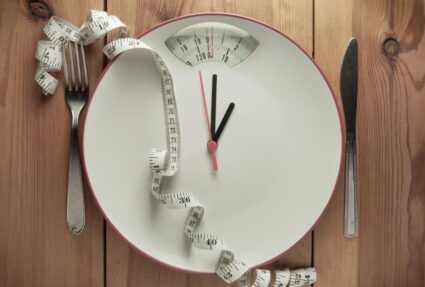
Now over a year into the Covid pandemic, its pervasive and devastating impact on many facets of our lives and our way of life, is even more apparent and disheartening. Some may be irreversible while others may only be temporary. Virtually all of us have been affected one way or another.
One issue that is a consequence of the lock-downs is weight gain.
A substantial weight gain.
It’s not hard to see why this came about. Much less physical activity including formal exercise. Working from home where the food is. Boredom. Stress eating AND drinking. And more.
How much weight gain?
The American Psychological Association commissioned a study by the Harris Poll on stress during the pandemic that involved over 3,000 adults. One of the areas where information was obtained regarded weight and the impact on it. Based on all the data collected, it was determined that 42% of all adults experienced an undesirable weight gain. This is a very significant percentage of the population.
How sizable was this weight gain?
In this group, the average weight gain was 29 pounds with the median being 15 pounds. Ten percent actually put on more than 50 pounds. These numbers comport with what I have been seeing with my patients who are seeking plastic surgery procedures.
And they are not very happy at all with their weight gain.
A majority of these patients express the desire to lose much or all of this added weight. However, many also acknowledge that this may not happen at all or that it may take a very long time to occur – much longer than they would like to wait to have their surgery.
Seeking procedures like liposuction, tummy tucks, breast lifts with/without breast augmentation and breast reductions, the impact of this weight gain on short and long term results is significant. The same is true of the impact of losing much or all of this weight gain after these cosmetic procedures, if they were to be performed.
The results of a tummy tuck performed 40 pounds heavier will not be anywhere nearly as extensive and dramatic as it would be if the weight were lost first, prior to the procedure. In addition, if that weight were lost afterward, there may be noticeable and undesirable increased looseness of the skin as there is no longer that fat present to stretch it taut.
With a breast lift, the breasts are lifted, tightened and contoured at the higher weight. A 40 pound weight loss leaves the same amount of breast skin but much less volume stretching them out. The results are breasts that are somewhat deflated and droopy – not as perky and youthful looking.
Ditto for a breast reduction.
My recommendation to patients seeking plastic surgery procedures where the results will be affected both by the present elevated weight and subsequent weight loss, is to try to lose as much of the increased weight as they can prior to undergoing their desired procedure. They will be even more satisfied initially as well as long term.
Hopefully, this can provide them with more motivation in order to successfully achieve a substantial weight loss prior to proceeding with their desired cosmetic procedures.
Steven H. Turkeltaub, M.D. P.C.
Scottsdale and Phoenix, Arizona
